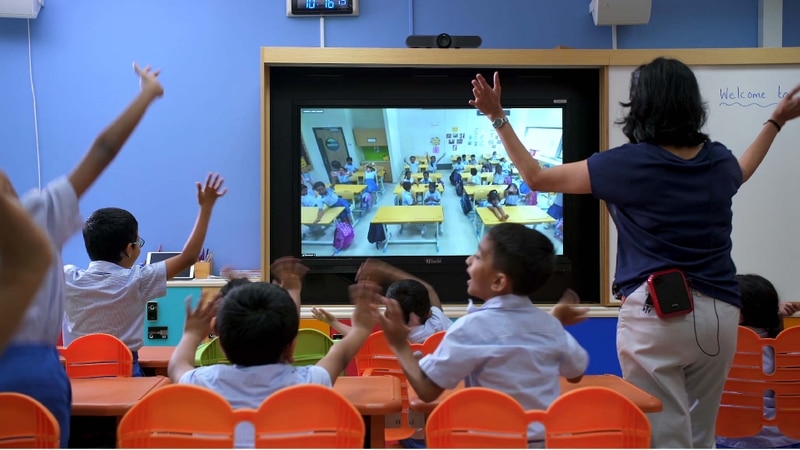Any child who’s acting out in school can receive a bad reputation for being a troublemaker. No parent wants this, but both the attitude and the label can stick for a long time if not corrected quickly.
The fact is, even school teachers can’t help but label kids. And we don’t expect this to change. Teachers are well aware of the troublemakers before they even start class at the beginning of the year since it’s a part of their job to anticipate and plan for the issues they’ll deal within the classroom.
Be realistic about your child’s issues
Parents like us need to be honest with ourselves about our child’s behaviour and have an open mind so we can assist the school in improving our child’s behaviour.
A good chunk of what you must do as a parent is to distinguish between the label and your child’s actual functioning in school. So if your child has been dubbed a troublemaker, ask yourself why that is so. What kind of trouble? Does he abuse others? Is he easily distracted and bothersome to others? Or is he disrespectful to people?
Be objective and don’t tolerate a child in the wrong
It’s crucial to be assertive and to be on your child’s side, but it’s equally important not to tolerate wrongdoing. Defending a misbehaving child won’t help in developing appropriate behaviour skills. Therefore if your child is being a school troublemaker and is rude or disruptive in class, acknowledge it.
Regrettably, many parents of kids with behaviour problems fight with the school than try to help change their child’s behaviour. When you fight with the school, the child is off the hook, causing a downward spiral of bad behaviour.
Giving supplementary consequences at home
I personally get sick of hearing from the school even though I know that my boy has legitimately become a problem back in elementary. The short of it is that my boy became disruptive at school when I became too busy with my work.
Many of us parents don’t want to hear from the school about our child’s behaviour. Rather, we want the school to handle it. However, the school also thinks that parents should be more involved in dealing with inappropriate behaviour.
When should parents get involved? The quick answer is that it depends on whether the problem is functional or relational.
Functional problems are an inability to follow rules. Functional problems can include being late for class, running down the hall, or gum chewing. Schools should be able to handle these problems. It’s their school and they should manage it. I believe that parents shouldn’t give other consequences at home for these problems.
Relational problems, on the other hand, are the inability to get along with other people or an inability to respect others. Threatening, disrespect, verbal, and physical abuse are all relational problems.
If a child steals, physically abusive, or threatening, or gets into a fight, the parents must hold him accountable and give consequences at home to supplement the consequences at school.
Consider if the school itself is the issue
In all honesty, sometimes the type of school can be the culprit. If you are an expat family who constantly moves, your child is better off enrolling to an appropriate program like PYP Campaign for young learners age 3-12. The PYP promotes the development of a list of behaviours known as the learner profile. The PYP supports that children to transform into inquirers, thinkers, principled, caring, open-minded, communicators, risk-takers, knowledgeable, balanced and reflective.
In many cases, expat parents who try to enrol their kids to a local or public school instead of international schools may find their kids misbehaving or not getting the best education and learning flexibility.
In the end, what matters is to support your school if your child is having a behavioural problem. This is what’s best for your child, though perhaps not your ego. I know you will agree with me that kids need a lot of parenting nowadays, which means sometimes working with the school. Ultimately, this leads to a better version and future of our kids – and isn’t that what’s important?







